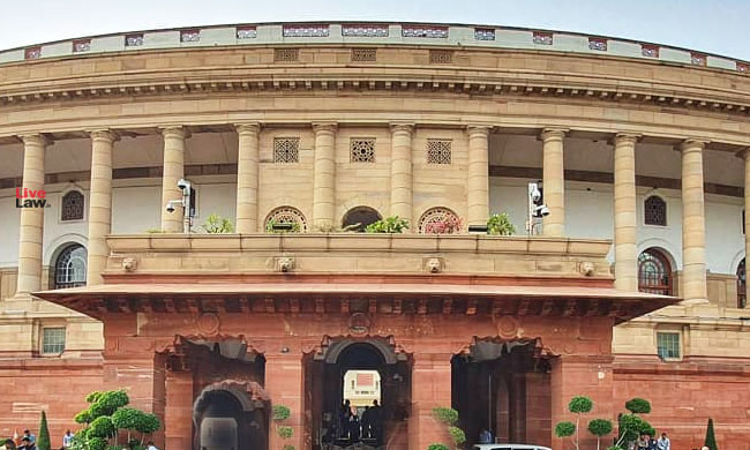Lok Sabha Clears Factoring Regulation (Amendment) Bill Amid Opposition Protests
LIVELAW NEWS NETWORK
26 July 2021 6:02 PM IST

Next Story
26 July 2021 6:02 PM IST
The Lok Sabha today passed the Factoring Regulation (Amendment) Bill, 2021 with an aim to liberalize the Factoring Regulation Act, 2011 by widening the scope of entities which can engage in factoring business. The Bill was introduced in the Lok Sabha on September 14, 2020. It was referred to the Standing Committee on Finance on September 25, 2020 and the Committee's report was tabled...
